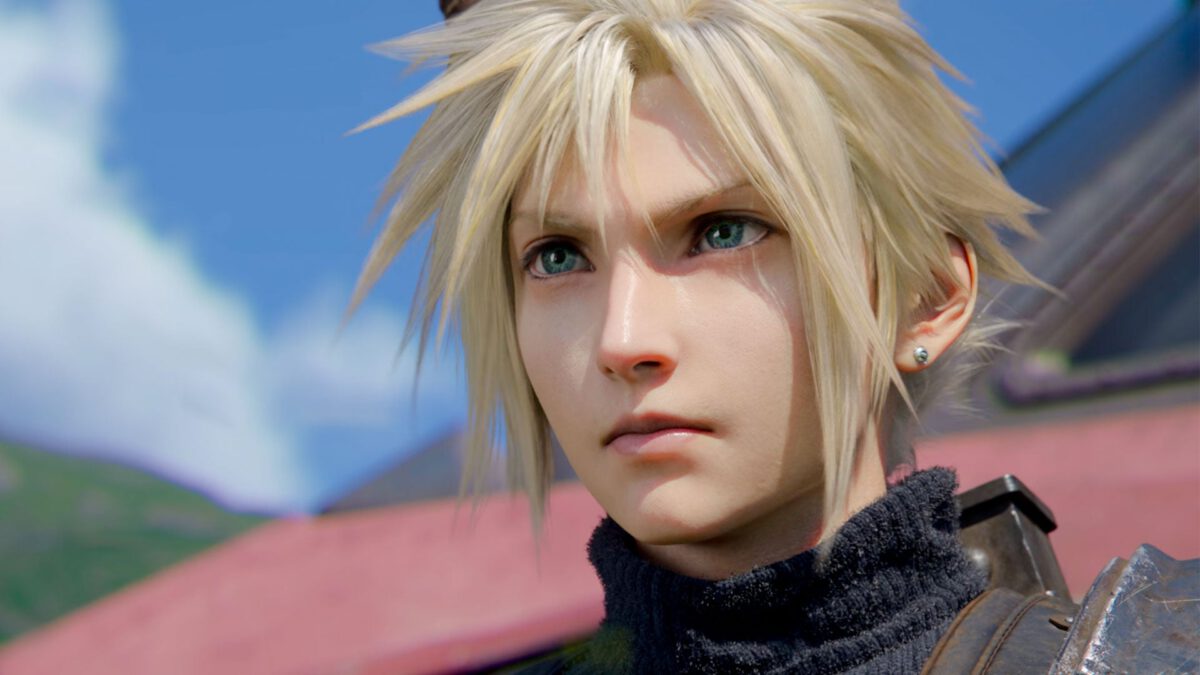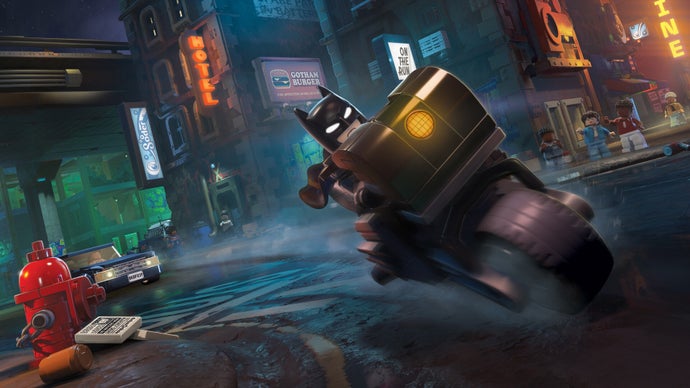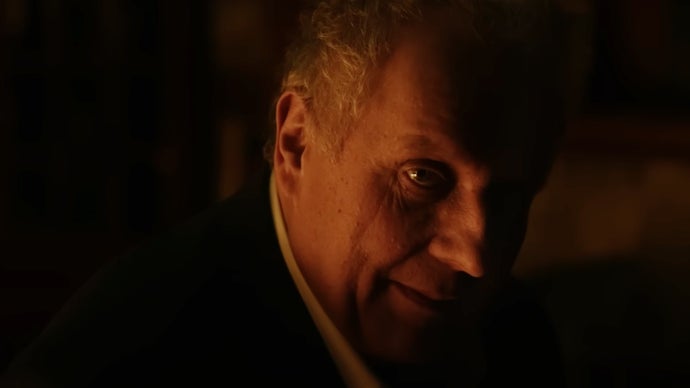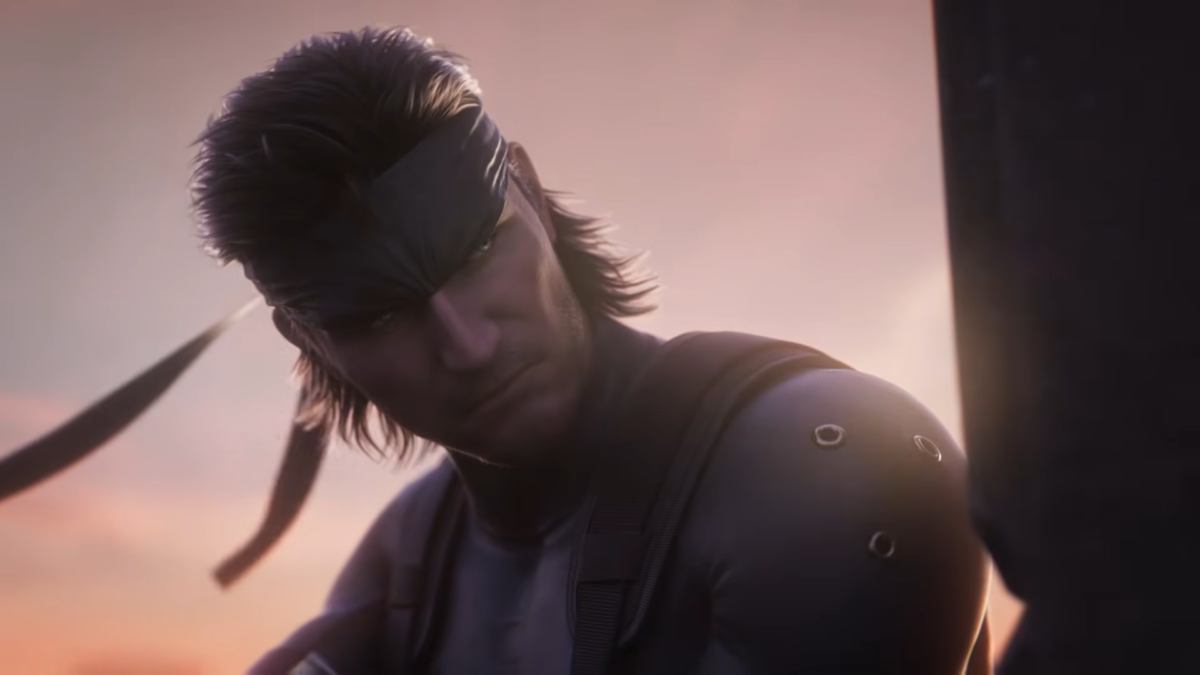
Final Fantasy Remake Part 3 director Naoki Hamaguchi has discussed the impact of expanding the platforms on which the Final Fantasy 7 Remake series is available, insisting that going multiplatform “will not in any way lower the quality of the third instalment.”
In an interview with Automaton, via Eurogamer, Hamaguchi said both the Nintendo Switch 2 and Xbox versions of the game’s prior instalments “have been incredibly well received and generated a lot of buzz online,” but did note some community concerns.
“Both the Nintendo Switch 2 and Xbox versions have been incredibly well received and generated a lot of buzz online,” Hamaguchi said. “That attention has also made me realize how many people are worried about this issue. However, our decision to go multiplatform with the FF7 Remake series will not in any way lower the quality of the third installment.
“Our development structure simply doesn’t work that way to begin with… I suppose I’ll just have to keep saying it,” he said, laughing. He also stressed that because of the growing popularity of gaming on PC both in Japan and beyond, the game has been built with PC “as the foundation.”
“While PC gaming is gradually expanding in Japan, overseas growth has been even more rapid,” Hamaguchi added. “The market has broadened tremendously across both consoles and PC. The FF7 Remake series has sold very well on platforms like Steam and the Epic Games Store, so we develop assets with the broad PC market in mind. In fact, our 3D assets are created at the highest quality level based on PC as the foundation.
“When FFVII Rebirth launched, there was talk about how the PC version looked better than the PS5 version, and our philosophy will not change for the third instalment,” he concluded. “As our fundamental principle, we do not design assets to meet the lowest baseline. Instead, we create them for high-end environments first.”
Last month, Hamaguchi teased that the “core game experience is almost complete,” and while he “really want[s] everyone to play it as soon as possible,” the team has now moved on to “refining and polishing.”
Meanwhile, Final Fantasy 7 Rebirth‘s Queen’s Blood card game is making a “powered-up” comeback for the final chapter in Square Enix’s remake trilogy. Hamaguchi said he plans to double down on the card game when its next installment finally launches, promising to “expand” what was seen with its Rebirth launch.
We also recently learned that the Final Fantasy 7 Remake team actually considered resizing Cloud’s iconic Buster Sword to make it more realistic before deciding to stick with the original design, admitting “it was just too iconic” to change.
Vikki Blake is a reporter for IGN, as well as a critic, columnist, and consultant with 15+ years experience working with some of the world’s biggest gaming sites and publications. She’s also a Guardian, Spartan, Silent Hillian, Legend, and perpetually High Chaos. Find her at BlueSky.







